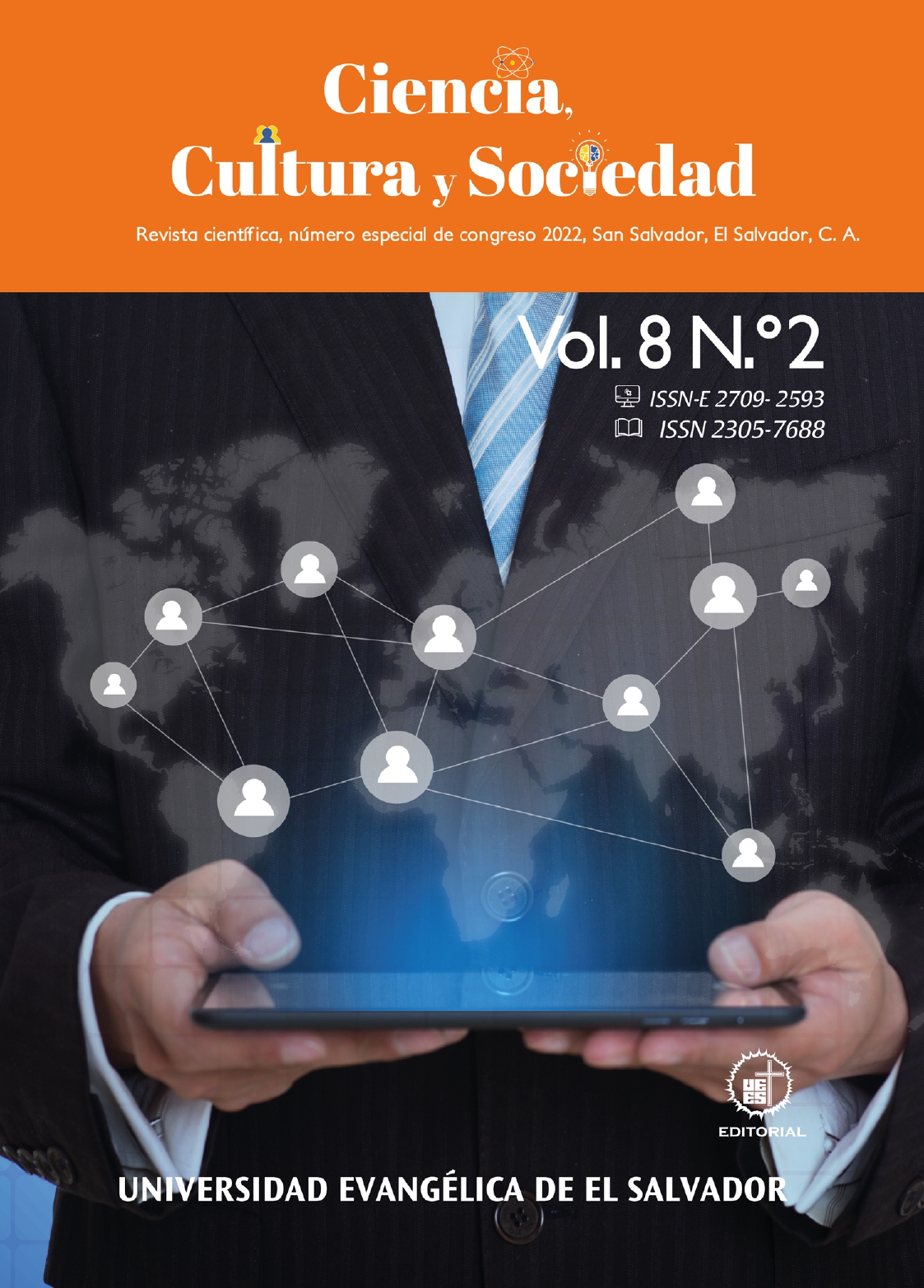The hybridization of all university functions: teachers, researchers, management and internalization in rediscussion
DOI:
https://doi.org/10.69789/ccs.v8i2.634Abstract
The emergence of a hybrid education with a combination of diversity of face-to-face and virtual activities is a new dynamic that impacts all educational and university functions, especially in teaching, research, extension, management, curricular structure and internationalization. The context is the entry into a new phase of University 4.0. The University has historically been marked by four phases in its development. A first phase, as University 1.0, supported by face-to-face teaching and based exclusively on the teacher-learner relationship. A second phase of University 2.0 with face-to-face teaching supported by the book and analog teaching objects such as maps, plans, posters, graphs, etc. A later University 3.0 where Taylorist management and electricity allowed a larger scale, relying on the use of radio, television and videos. This phase was also one of institutional differentiation by promoting the creation of distance education. And finally, the current University 4.0, articulated to digitalization through electronic networks with multiple virtual educational modalities.
Downloads
33
Downloads
Published
How to Cite
Issue
Section
License

This work is licensed under a Creative Commons Attribution-NonCommercial-ShareAlike 4.0 International License.
The authors give to the copyright to the journal Ciencia, Cultura and Sociedad, and copyright in all forms and media, to be notified of acceptance of your article. The authors can publish their articles in another journal after a semester published in this volume. The content of the articles is the sole responsibility of the authors. To refer to the articles correctly quote the authors.

Ciencia, Cultura y Sociedad articles are published in open access and are under a Creative Commons Attribution-NonCommercial 4.0 International License.

